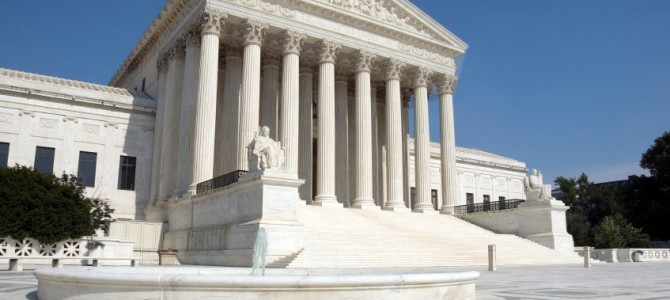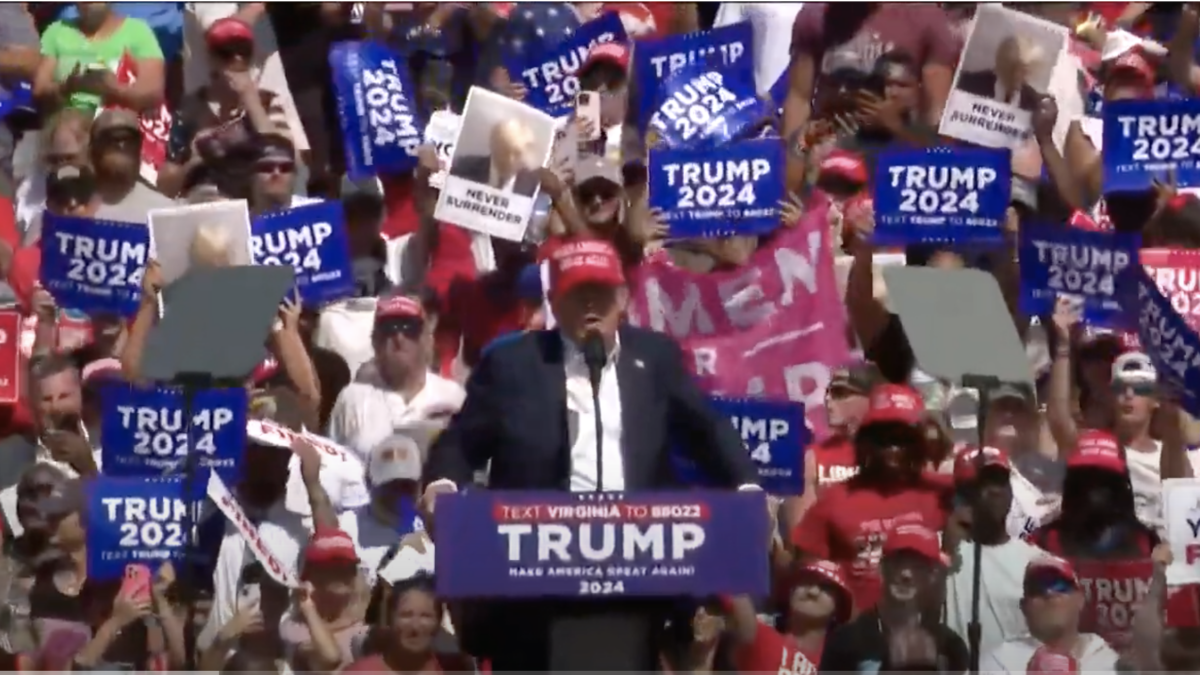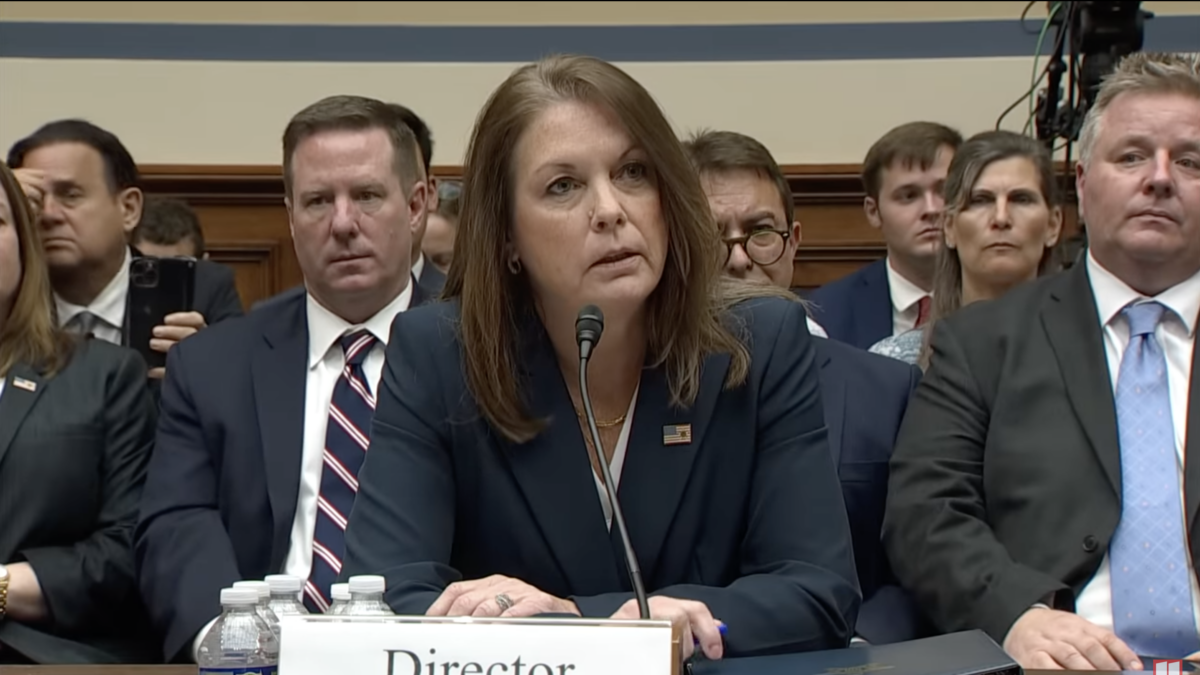The votes are in, and the Obama administration has prevailed in the King v. Burwell Affordable Care Act tax subsidies case.
At issue was whether Obamacare permitted subsidies to be available to individuals in states that chose not to establish their own health exchanges. By a vote of 6-3, the Supreme Court ruled that subsidies are available to individuals who purchased health insurance plans from either the state or federal exchanges.
Chief Justice John Roberts wrote the majority opinion and was joined by Justices Kennedy, Ginsburg, Kagan, Sotomayor, and Breyer. Justice Scalia penned the dissent and did not mince words.
“Having transformed two major parts of the law, the Court today has turned its attention to a third. The Act that Congress passed makes tax credits available only on an ‘Exchange established by the State,'” Scalia wrote.
“This Court, however, concludes that this limitation would prevent the rest of the Act from working as well as hoped. So it rewrites the law to make tax credits available everywhere. We should start calling this law SCOTUScare,” he concluded.
Scalia also noted that the precedents stemming from the King v. Burwell decision would have consequences far beyond Obamacare:
The somersaults of statutory interpretation they have performed (“penalty” means tax, “further [Medicaid] payments to the State” means only incremental Medicaid payments to the State, “established by the State” means not established by the State) will be cited by litigants endlessly, to the confusion of honest jurisprudence. And the cases will publish forever the discouraging truth that the Supreme Court of the United States favors some laws over others, and is prepared to do whatever it takes to uphold and assist its favorites.
I dissent.
You can read the full opinion here. The Supreme Court is expected to issue the remainder of its rulings for the current term by the end of June.









